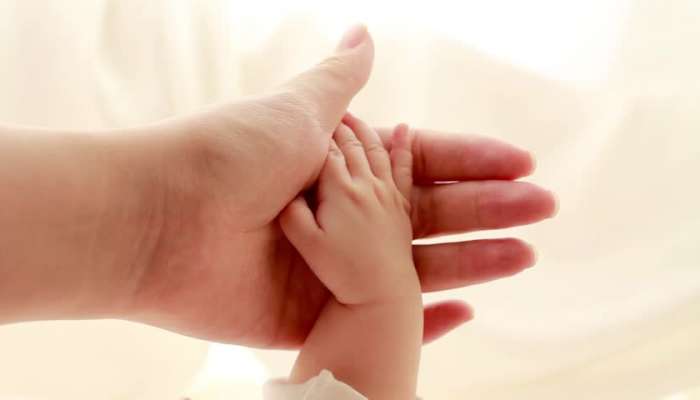
Muscat: The health of small children and infants has taken top priority in a new set of regulations covering the quality of baby food and other items used for their care that are sold in Oman.
The rules, that were drafted by the Ministry of Commerce, Industry and Investment Promotion, contained Omani specifications for the standards these goods are required to meet, and are titled ‘Regulating the Marketing of Classified Products for Infants and Young Children.’
The standards were drawn up in collaboration with the Department of Standards at the Ministry’s Directorate General of Standards and Metrology, and the Nutrition Department of the Ministry of Health.
“These standard specifications are concerned with general requirements regulating the marketing of products classified for infants and young children,” said MOCI in a statement.
“The draft identifies and defines products classified as food alternatives or supplements to breast milk, and includes food products marketed as suitable for children up to the age of three years.
“It also governs the standards of items used in feeding infants until the age of 12 months, such as pacifiers and soft nipples attached to feeding bottles,” said the ministry.
“This draft has definitions of substitutes for breast milk, food supplements, food that contributes to a child’s growth, and grain-based processed foods manufactured for them, on the basis of how they’ve been prepared,” said Nawal bint Suwaid bin Said Al Abri, the Head of the Foods and Agricultural Specifications Department at the Ministry of Commerce, Industry and Investment Promotion.
“It also includes the definitions of key terms association with those involved with the sale and purchase of such items,” she added. “It has determined the requirements under which products are classified. Materials used in the manufacture of these items must meet these specification standards. They must also be produced, packed and sold in accordance with these requirements.”
All items designed for the growth and development of young children must be free of pork products and their derivatives, must not be rancid, should contain no impurities, and are to not contain any foreign objects. These items also have specific microbiological limits, such as limits on toxic metal elements, radioactive contaminants and mycotoxins, in accordance with specification standards.
“The draft of Omani standards prevents the quantities of chemical pollutants in these goods from exceeding those limits set internationally,” added Al Abri. “Any written matter or imagery published along with these items, related to their medical and therapeutic effects, as well as their associated warnings, must first receive approval from the Ministry of Health, along with scientific evidence that proves this.”
Unless approved by the Ministry of Health, artificial flavourings or sweeteners are not to be added to any food given to children under the age of one, while the addition of food supplements to nourishment given to babies under six months is also not permitted.